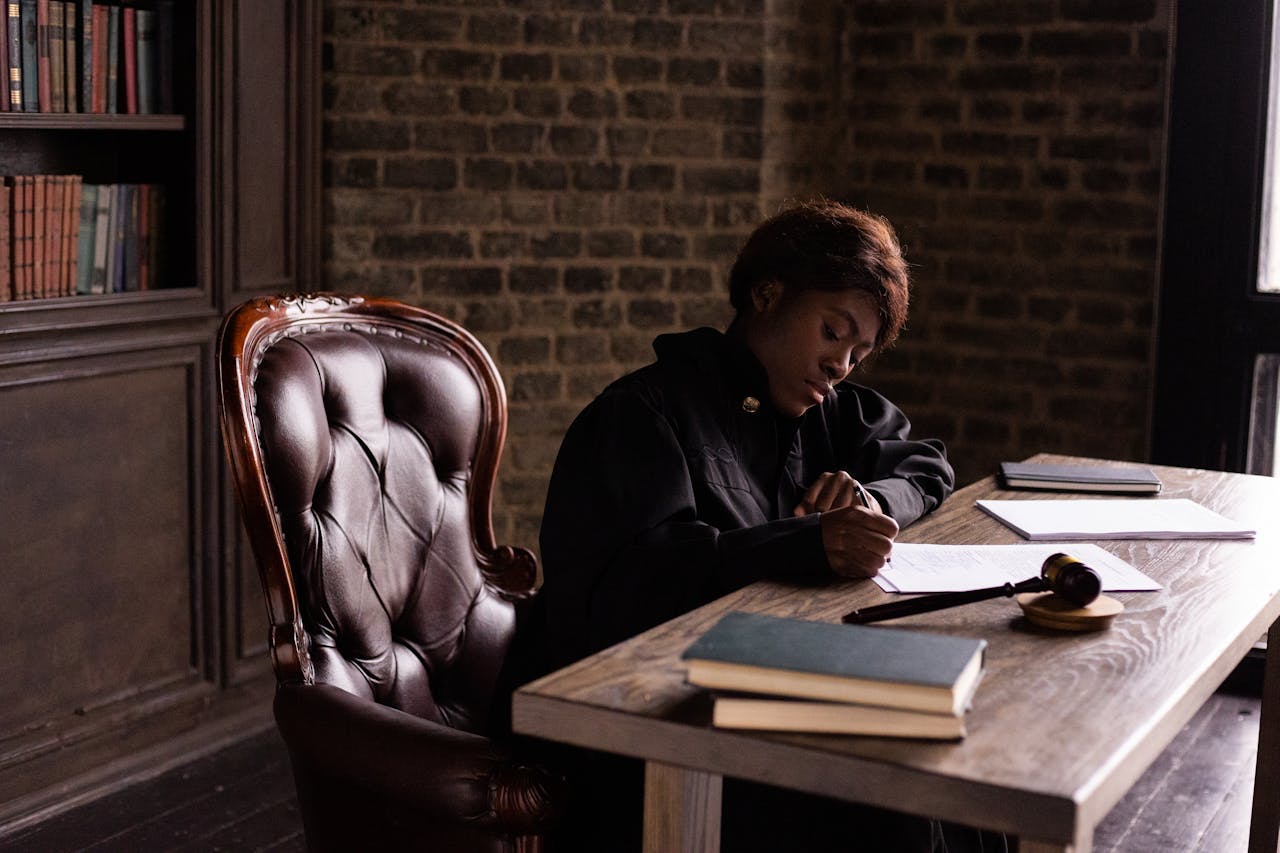
The Internet allows us to have access to abundant information. It ranges from pictures, texts, audios, to videos. However, unfortunately, many irresponsible people do not have an adequate understanding of copyright and intellectual rights.
In practice, enforcing the law on the Internet is also very tough. When one piracy site is taken down, hundreds of others are online. Besides, as long as a site’s traffic is high, the digital advertisement system allows such site to monetize their contents regardless of the fact that they violate copyright law.
Any contents published online have copyrights, even if they do not have a (c) logo. It is a grave mistake if a digital artist takes a picture from Google, tweak it, and then claim the art as his/hers. The owner of the art has every right to sue the plagiarist.
So, if you ever want to be a digital content provider, you must know the basics of digital intellectual property law. Here are some essentials that you can learn immediately.
Double Check the Files from the Internet
 If you take pictures from a search engine, you may think that turning on the, “labeled for reuse,” will make you safe from copyright infringement. The truth is, Google does have an algorithm that narrows down the pictures it displays to the ones the fit the filter. However, the result is not definitive. The search engine only shows you images that are probably alright to reuse without credits.
If you take pictures from a search engine, you may think that turning on the, “labeled for reuse,” will make you safe from copyright infringement. The truth is, Google does have an algorithm that narrows down the pictures it displays to the ones the fit the filter. However, the result is not definitive. The search engine only shows you images that are probably alright to reuse without credits.
For images, you should rely on photo stock sites. They are companies specialized in providing copyright licensed photos. PixaBay, PxHere, and Flickr are the examples of favorite photo stock companies. They give free licensed photos, but they are limited. And if you want more access than the free feature, you can subscribe to their services.
Apply the same thinking if you want to add an audio file to your video. YouTube and Facebook, today, has become stricter in enforcing copyright law. They take down videos with unlicensed music. And if you happen to bypass the system, your sin will bite you back in the future. If you are curious, click here to read about a case of Ed Sheeran getting sued for infringement on Matt Cardle’s song.
Crediting the Authors
Some authors/creators have set their terms on how they shall receive credits if their works get cited or included in another creator’s work. Therefore, you should personally contact the original author and propose your collaboration to him/her. Putting the creator’s name without getting him/hem notified potentially causes a lawsuit.
Usually, all creative commodities on the Internet also come with licensing terms. Deviant Art, Audiojungle, and Pexels have licensing terms on their sites.
Although those sites allow you to download some files, you still need to deal with the original creator’s terms. For instance, some pictures are downloadable but must not be used for any commercial purpose.
Consulting the Consultant and Lawyer
If your project involves a big company and wide audience, and you are working independently, it would be better if you consult a copyright consultant and a lawyer. The copyright consultant will evaluate if any parts of your work are potential to be claimed as plagiarism. But the consultant is not qualified to give you any legal pieces of advice. If you need legal assistance, copyright lawyer is the one you need.

